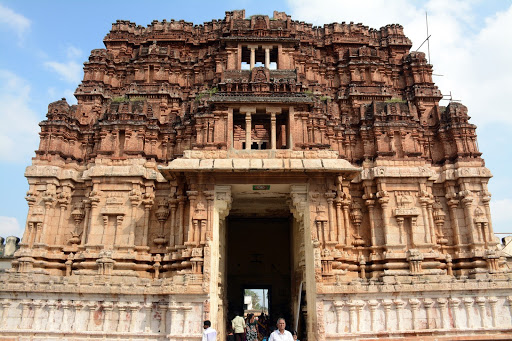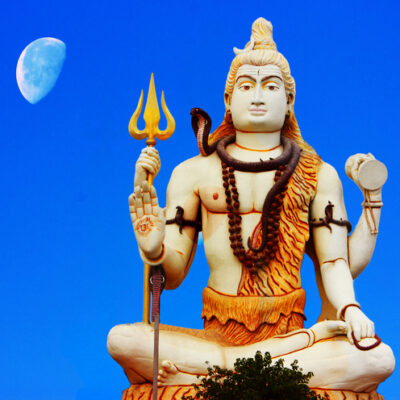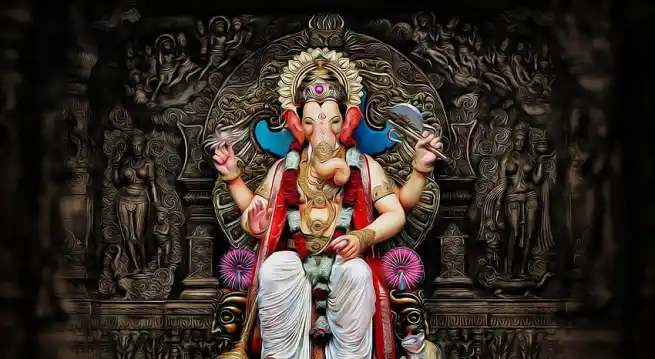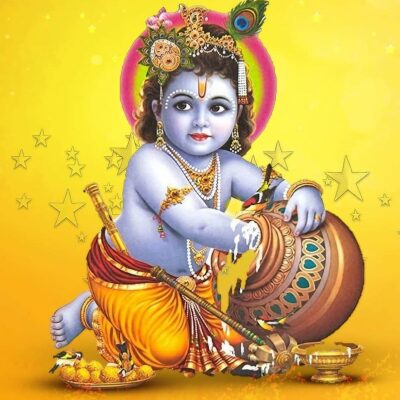Thiruvellarai Sri Pundarikakshan Perumal Temple, Trichy

Address
Thiruvellarai Sri Pundarikakshan Perumal Temple, Manachanalur Taluk Thiruvellari -621 009.,Trichy District, Ph 431-256 2243
Deity
Pundarikakshan, Amman: Shenbagavalli
Introduction
- Location: Situated in Thiruvellarai, a village on the outskirts of Tiruchirappalli, Tamil Nadu.
- Deity: Dedicated to Lord Vishnu, worshipped as Pundarikakshan.
- Consort: Lakshmi, worshipped as Pankajavalli.
- Temple Style: Built in the Dravidian style of architecture.
- Historical Significance:
- The temple is glorified in the Divya Prabandha by the Azhwar saints (6th–9th centuries AD).
- One of the 108 Divyadesams dedicated to Vishnu.
- Older than the Srirangam Temple.
- Built by Sibi Chakravarthy (King of Ayodhya) in Treta Yuga (15 lakh years ago).
- Contains three inscriptions in two rock-cut caves:
- Two inscriptions from the period of Nandivarman II (732–796 AD).
- One from Dantivarman (796–847 AD).
- Includes Pallava sculptures of Narasimha and Varaha, two of Vishnu’s ten avatars.
- Special Features:
- Thala Virutcham (Sacred Tree): Vilwa.
- Theerthams (Sacred Water Sources):
- Kusa.
- Manikarnika.
- Chakra.
- Pushkala.
- Varaha Gandha.
- Padma.
Puranic Significance
- Historical Context:
- The Pundarikakshan Perumal Temple is believed to have been built by the Pallavas.
- Inscriptions date back to Nandivarman II (732–796 AD) and Dantivarman (796–847 AD).
- The temple’s construction was likely completed during Dantivarman’s reign.
- Influence of Azhwars:
- The Azhwars, Vaishnavite saints from the 7th–9th centuries, played a significant role in spreading Vaishnavism among the public and the Pallava rulers.
- Puranic Story:
- In Tiruparkadal (Ocean of Milk), Lord Vishnu praised Mother Mahalakshmi for her grace upon all beings, offering her a boon.
- Mother Mahalakshmi expressed her desire to have more rights in the Milk Ocean, where she was born. However, Vishnu advised her to seek the boon on earth when He would grant darshan to Emperor Shibi.
- Emperor Shibi’s Story:
- During Shibi’s journey to destroy demons, a white swine appeared and caused trouble. Despite the emperor’s efforts, the swine could not be captured.
- The emperor encountered sage Markandeya, who revealed that the Lord had come in the form of Varaha (boar) and was to grant darshan.
- Sage Markandeya instructed the emperor to perform abhishekam to the ant-hill with milk.
- After doing so, Lord Vishnu appeared and assured Mahalakshmi that He would transfer all rights of the place to her, remaining only in an Archarupa-idol.
- Further Instructions:
- Markandeya informed Shibi that Lord Vishnu, incarnated as Lord Rama, was already on a mission to destroy Ravana. Thus, Shibi was asked to return to his kingdom.
- Markandeya advised Shibi to build a temple to honor the Lord. Shibi brought 3,700 families for the pujas.
- One family member died on the way, leaving the number short by one. Lord Vishnu assured Shibi that He would replace the deceased to fulfill the desired number.
- Mother Sengamalavalli:
- The goddess Sengamalavalli is enshrined in the sanctum sanctorum.
- During festivals, Mother leads the procession in a palanquin.
Beliefs
Prayer begins at the Bali Peeta in the temple. Realizing their wishes, devotees perform Bali Peeta Tirumanjanam and offer pudding-pongal nivedhana to Lord. Those seeking child boon, bathe in the Theerthas and consume the nivedhana offered to Perumal. This prayer, according to belief, ensures child boon without fail.
Special Features
Being one of the 108 famous Vaishnava Divya Desas, this is the birth place of Saint Uyyakondan Engal Azhwan. To have the darshan of the Lord Pundarikakasha, the devotee has to pass 18 steps first representing the 18 chapters of Bhagwat Gita. The next 4 steps at the Gopuram-tower entrance represent the four Vedas. After worshipping at the Bali Peeta there are 5 steps representing the five Bhoodas-space, water, fire, wind and earth. There are two entrances to the sanctum sanctorum, the Dakshinayana entrance open from Aadi to Margazhi Tamil months covering from July-August to December-January and the second Utharayana open from the Tamil months Thai to Aani covering January-February to June July. Perumal graces the devotees in a standing form facing east. The Vimana-tower above the sanctum is of Vimalakruth design. Emperor Shibi, Sage Markandeya, Lord Brahmma and Lord Shiva and Garuda Bhagwan worshipped Lord Pundarikaksha in this temple.
Festivals
Chithirai summer festival and Chithirai Poornima-full moon day in April-May; Gajendra Moksham (Lord Vishnu granting salvation to an elephant); Aavani Srijayanthi in AugustSeptember with procession, Panguni Brahmmotsavam onTiruvonam star day in March-April are the festivals celebrated in the temple.
Century/Period/Age
1000 to 2000 years old
Managed By
Hindu Religious and Charitable Endowments (HRCE)
Nearest Bus Station
Thiruvellarai
Nearest Railway Station
Trichy
Nearest Airport
Trichy









